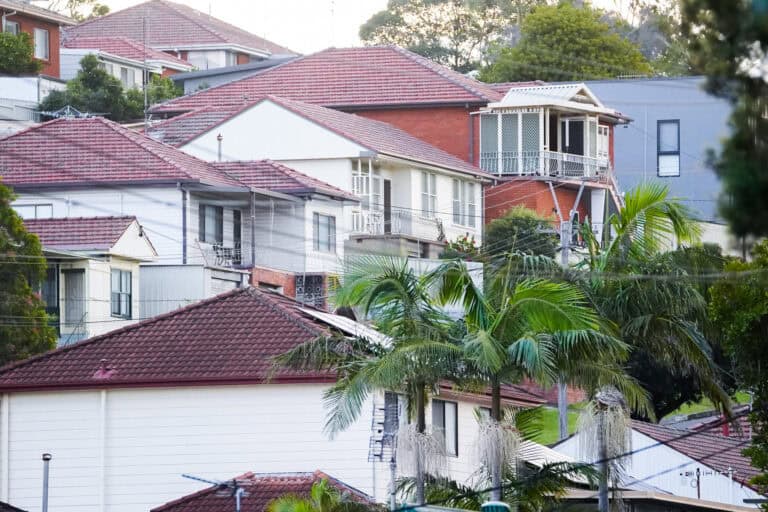
Coffs Harbour Subdivision Certifiers
Helping Coffs Harbour locals get approved, sorted and certified, without the headache
Helping Coffs Harbour locals get approved, sorted and certified, without the headache
Need help splitting a block or sorting out a subdivision in Coffs? We’re local subdivision certifiers who take the guesswork out of the process, no stress, no hold-ups, and no confusing red tape.
Whether you’re a homeowner creating a dual occupancy or a developer working on a multi-lot project, we’ll guide you through what needs to happen, when, and why. We’re based right here on the Mid North Coast, and we help people in Coffs Harbour and the surrounding areas get their subdivision certificates approved quickly and properly.
At Statewide Certifiers, we help Coffs Harbour locals get their subdivisions certified properly, without the back-and-forth. We’ve worked with property owners, builders, and developers across the Northern Rivers, so we know the local rules, and we speak council’s language.

Subdivision isn’t just about lines on a map. There are rules, council requirements, and a fair bit of paperwork to get through. If something’s missed, it can delay the whole project.
That’s where we come in. As subdivision certifiers in Coffs Harbour, we know how things work around here. We understand council expectations, zoning quirks, and NSW planning laws, and we’re here to make the process as smooth as possible.

First, you need to submit your project details and required documentation for assessment. We will review your application to make sure it meets all regulatory requirements.

Our registered certifiers, with years of experience, conduct thorough assessments & on-site inspections to verify compliance with subdivision & strata regulations.

Once compliance is confirmed, we issue the necessary certificates, including CDC, PCA, and subdivision works completion certificates, ensuring your project is ready to proceed.
There’s a lot of confusion out there about what kind of subdivision you need. Here’s the quick version:
That’s when each new lot is completely separate, with its land title.
That’s for when you’ve got shared walls, common driveways, or apartments, anything with shared property.
Our team is certified to issue both Subdivision Works Certificates and final Subdivision Certificates. We’ll also help you stay in line with the rules in Wollongong’s subdivision guidelines, so there’s no hold-up at council or the land registry office.
A Subdivision Certificate is what you need to legally register new lots with NSW Land Registry Services. Without it, you can’t sell or title individual lots, even if everything’s built and ready to go.
It’s the final tick of approval after your subdivision is complete. Council (or a registered certifier like us) checks to make sure everything’s been done according to the plans, services, boundaries, access, the whole lot.
You can learn more from the Coffs Harbour Council here.
Before you even start on-site work, you’ll usually need a Subdivision Works Certificate. This gives you the green light to begin physical construction, things like roads, drainage, and utilities, based on approved engineering plans.
If you’re installing infrastructure as part of your subdivision, this certificate is mandatory. We can assess your plans and issue the certificate quickly to avoid unnecessary delays.
Check Coffs Harbour Council’s explanation here.
Here’s the short version of the process:
Get Your Development Approval
You’ll need either a DA (Development Application) or a CDC (Complying Development Certificate).
Engage a Surveyor and Engineer
They’ll prepare the subdivision plan and engineering designs.
Apply for a Subdivision Works Certificate (if needed)
We’ll assess your plans and issue this so you can start the work.
Complete the Works
Build everything out, driveways, sewer, stormwater, etc.
Request a Final Subdivision Certificate
Once everything’s finished and inspected, we’ll issue the final cert, which you can use to register the lots with NSW LRS.
Still unsure? The Australian Business Licence and Information Service (ABLIS) also has a useful breakdown of requirements in Byron Shire.
If you’re installing infrastructure as part of your subdivision, this certificate is mandatory. We can assess your plans and issue the certificate quickly to avoid unnecessary delays.
Check Coffs Harbour Council’s explanation here.
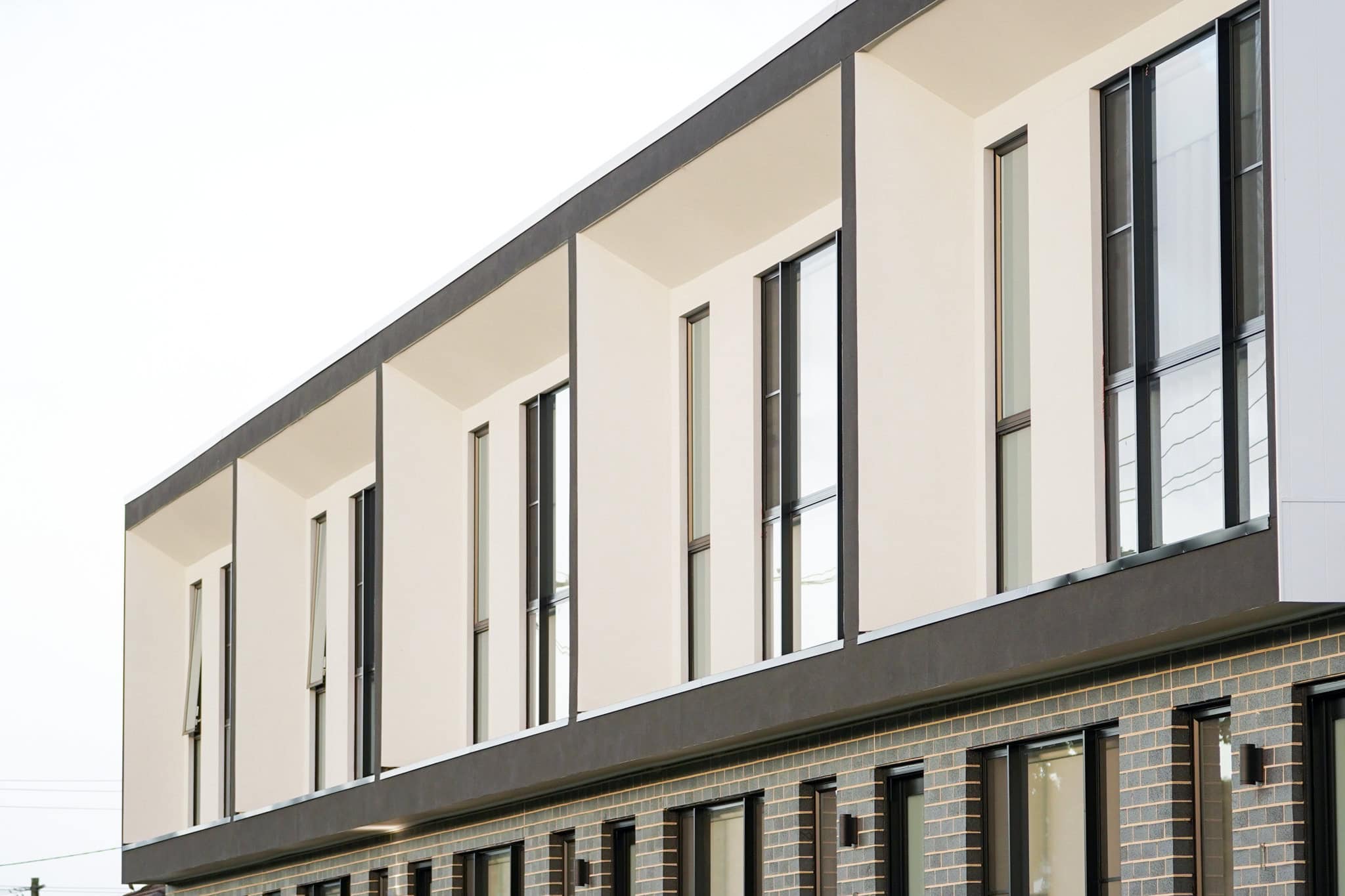
Registered Subdivision (B1) Certifier
Statewide Certifiers offers services for subdivision works, including inspections and compliance certifications. Our experts ensure that subdivision works meet regulatory standards and issue completion certificates. Our services are available in nominated local government areas, providing reliable support for developers and builders.
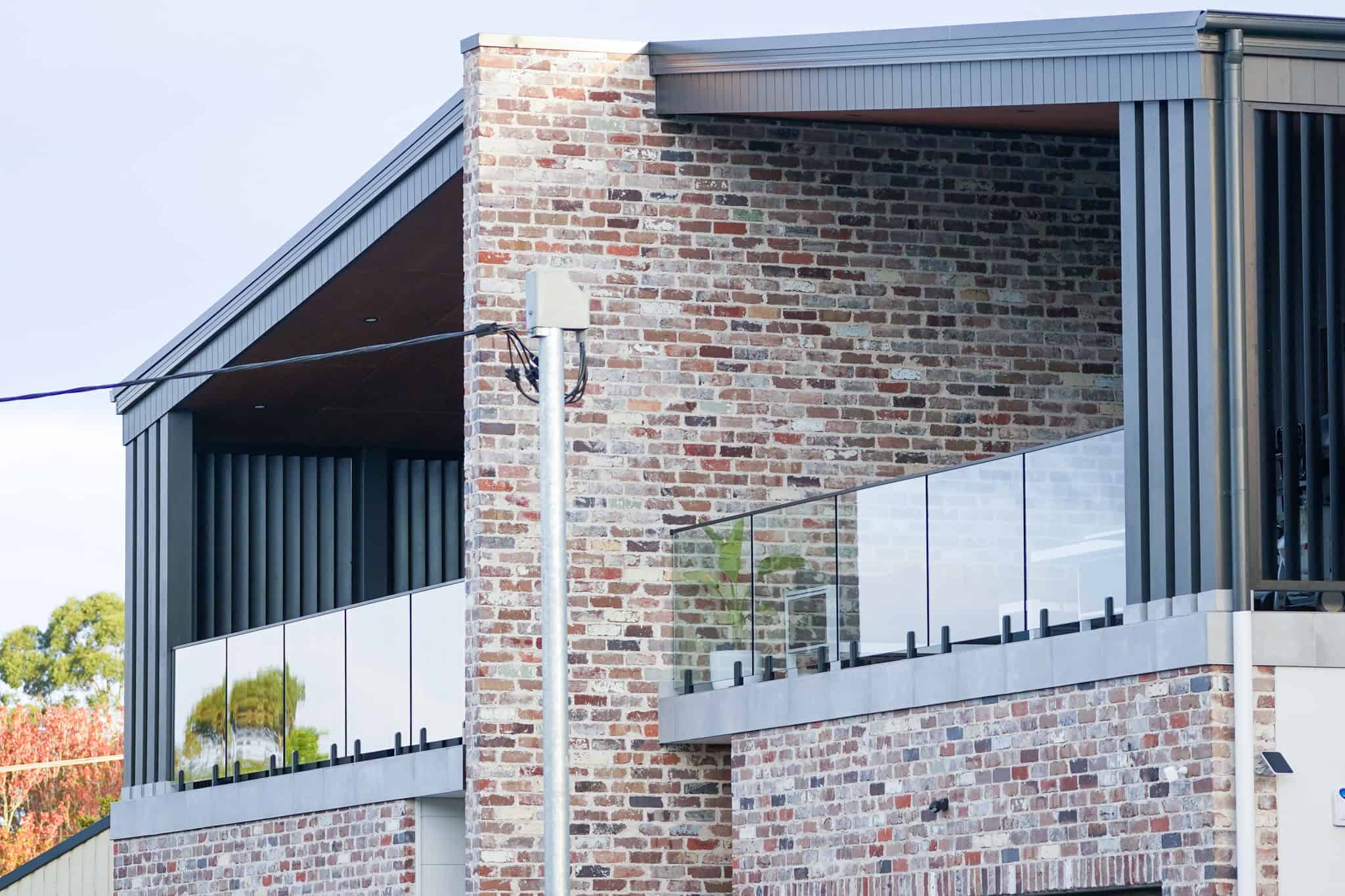
Registered Subdivision (B1) Certifier
We provide expedient assessment and issuance of Subdivision Works Certificates (formerly Construction Certificates). As your trusted certifier, we always ensure compliance with subdivision development works requirements, offering efficient certification services to help developers move forward with their projects without delays.
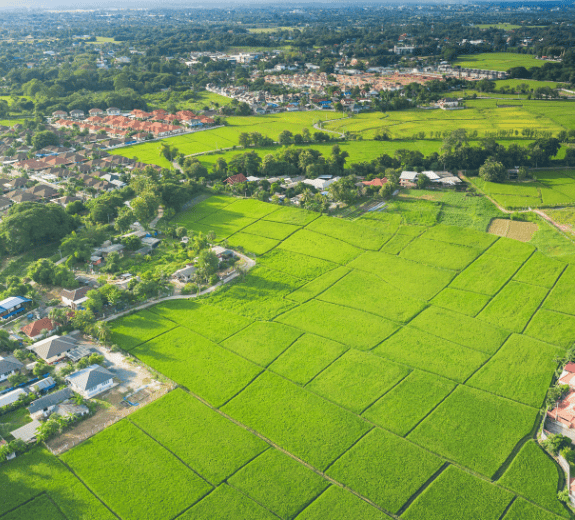
Registered Subdivision (B1), (D1) Certifier
Statewide Certifiers specialise in Strata & Torrens Subdivision Certification, including Strata Subdivision, Community Property Conversion, and Strata Plan Subdivision under the Strata Development Act. We assess and issue Torrens Subdivision Certificates in designated areas, facilitating smooth project progression and adherence to local regulations.
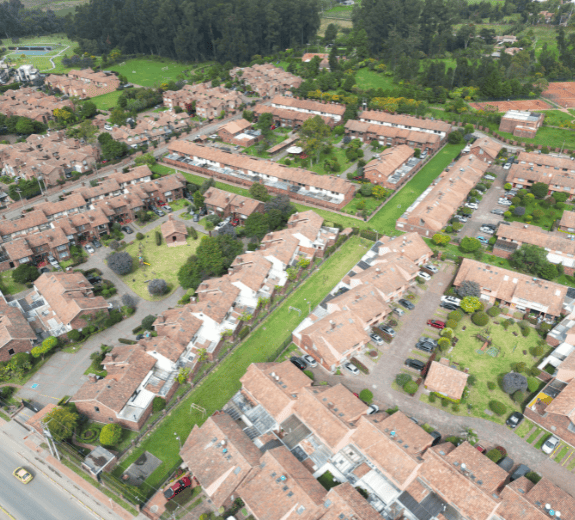
Registered Subdivision (B1), (D1) Certifier
We issue Complying Development Certificates (CDC) for Strata and Torrens subdivisions under SEPP codes. Our experts assist with multi-dwelling project approvals, ensuring council compliance. We also provide certification for low-rise housing, including subdivision works, inspections, and plan certifications, ensuring compliance for developers and builders.
The biggest mistake is starting the certification process too late. Developers often wait until the final stages of their project, only to realise that crucial approvals were needed earlier. This leads to costly delays, unexpected expenses, and last-minute scrambling to meet compliance requirements.
Solution: Engage a certifier early in the project, understand your required approvals, and keep up with NSW regulations to prevent delays.
The most significant update is the Low Rise Housing Diversity SEPP, which streamlines approvals for terraces, manor houses, and dual occupancies. This regulation allows private certifiers to handle approvals instead of councils, speeding up the process for developers.
Key Takeaways:
Land certification has shifted away from council-controlled approvals, giving developers more flexibility. Private certifiers now handle many approvals, reducing red tape and shortening wait times.
Future Outlook: The industry will continue moving toward digital processes and streamlined assessments, making it easier for developers who stay informed.
The most common cause of delays is appointing a certifier too late. Missing documentation, incomplete applications, and misunderstandings about regulations can also stall approvals.
How to avoid delays:
Torrens Title is used for standalone properties where each lot has direct land ownership. Strata Subdivision is for multi-dwelling developments with shared spaces, such as apartments or townhouses.
When to choose which:
401/1 Black Wattle Cct, Casuarina NSW 2487